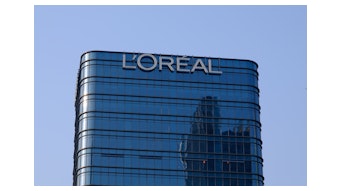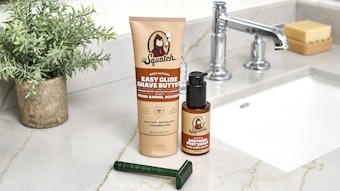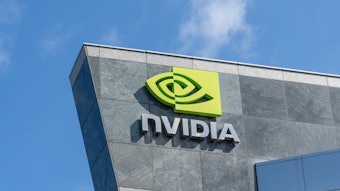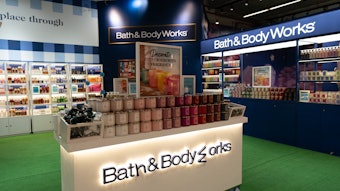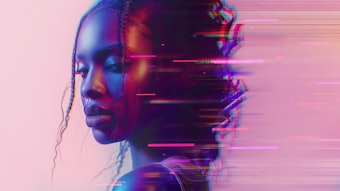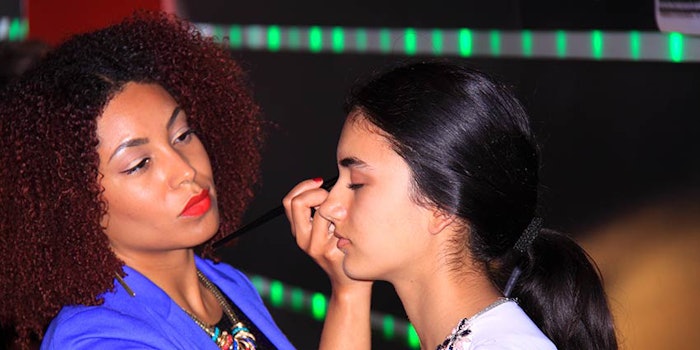
Sharon Chuter, founder, CEO and creative director of Uoma, is pushing for change in the beauty industry with a new initiative, Pull Up or Shut Up on Instagram. The initiative addresses the fact that while black people comprise 13.4% of the U.S. population, they comprise only 8% of white collar workers. This presents a major deficit in wealth-building potential.
No doubt, this pop-up movement is powered by the broader uptick in protests and demands for social justice following the killings of Breonna Taylor, George Floyd, Ahmaud Arbery, David McAtee and many others.
In launching the initiative, Pull Up or Shut Up declared: "Thank you for the public statements of support for the black community. Whereas we understand and appreciate the support, be conscious that to piggy back off a trending hashtag when you have been and continue to be a part of the problem is once again appropriating and exploiting the black community. So we ask all brands who have released a statement of support, to publicly release within the next 72hrs the number of black employees they have in their organizations at corporate level. We also need to know the number of black people you have in leadership roles. You all have statements and policies about being equal opportunity employers, so show us the proof!"
While many brands appeared to have made progress in the area of inclusion for Asian-Pacific Islanders, Latinx, South Asian, LGBTQ+ and other groups, black representation nearly universally lagged.
Below is a sampling of the reporting the initiative generated:
Black-founded Businesses
Unsurprisingly, but disappointingly, black-led businesses fared best in this regard.
- For instance, Uoma is 58% black and 83% people of color (POC).
- Meanwhile, Briogeo came in at 50% black and 67% black + non-black POC.
- Mented comprises 100% black employees and a 75% black board.
Top Multinationals
Multinationals have widespread programs for inclusion, but have disparate representation of black workers.
- Update: Coty has provided its stats, noting that it has 17.2% black representation across its U.S. operations, though it did not clarify what portions were corporate versus stores, warehousing, etc.
- L'Oreal USA reported 9% black representation in manufacturing, 7% in the corporate level and 8% at the executive level.
- Unilever globally comprises 8% black representation across the organization, with 17% in leadership roles. For the U.S. operation, the leadership team is 17% black and 30% non-black POC.
- Shiseido has 10% black representation and 11 black people in leadership roles across all 10 brands.
- Revlon is 27% black, with 5% black representation at the director level and above.
Retail
Ulta Beauty participated in the initiative and reported that it has 18% black representation on the board, 13% on the leadership team and 6% among associates.
Hot Indies
While indies have been considered disruptors, many suffer the same deficits as their establishment counterparts.
- Huda Beauty was an exception, reporting 13% black representation. American population.
- ColourPop has 3% black representation.
- e.l.f. Cosmetics has 7% black representation.
- Urban Skin RX has 64% black representation, with 69% in management roles and 40% on the executive team.
- Devacurl reported 19% black representation and 35% non-black POC representation. Its leadership is 8% black and 33% non-black POC, though its executive team has no non-black POC representation.
- Anastasia comprises 6% black, 26% Latinx and 15% Asian-Pacific islander representation.
- Kylie is 13% black and 47% non-black POC.
- Versed 6% black.
- Morphe has 3% black representation.
- Honest Beauty has 10% black participation.

